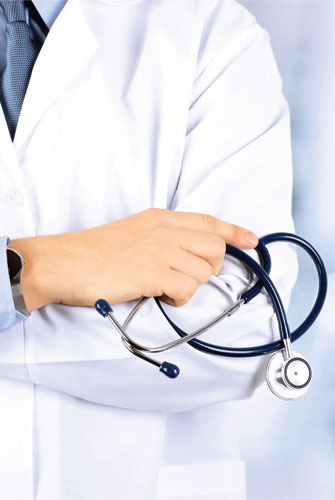24 Hour Emergency
Open round the clock for conve-nience, quick and easy access
Call us for any question
+91 94232 83487Sukhdev Ward, Gadda Toli
Gondia - 441614Emergency Line:
07182 - 252500 / 252700 / 252000



Open round the clock for conve-nience, quick and easy access
Cost-efficient, comprehensive and clinical laboratory services
Highly trained duty RMO doctor’s are present round the clock.
